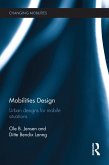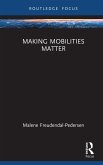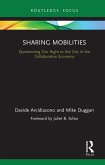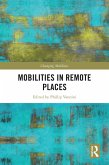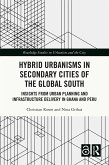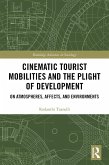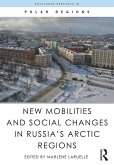By using an interdisciplinary relational approach, the book revisits certain concepts such as exclusion, heritage, or distance, in order to understand spatialities beyond the oppositions of fixity/mobility, private/public, or here/elsewhere. The book sheds light on the capacities for resistance of mobile persons in Singapore, Dakar, Bangkok, Amman, Paris, New York, or Mexico by studying the power relationships that are established in situations of mobility. By deciphering the values that characterize regimes of (im)mobility, the contributors stress the normative injunctions of public policies and social practices.
The originality of the work lies in capturing the deployment of alternative spatialities and underlining how they are reshaped between sedentary and mobility regimes. It highlights the importance of fully associating mobility with its characteristics of ephemerality and fluidity, in our theorizations and understandings of spatialities. By taking a post-structuralist posture, the book makes it possible to establish a logic of 'and' to design a 'between' of things, and to reverse ontology. This allows the temporary and the connected to be rehabilitated, beyond distance, in our practical knowledge of spatialities and territorialities. As such, the volume will be of interest to scholars of geography, sociology, anthropology, and urban studies with interests in mobility, migration and relational thought.
Dieser Download kann aus rechtlichen Gründen nur mit Rechnungsadresse in A, B, BG, CY, CZ, D, DK, EW, E, FIN, F, GR, HR, H, IRL, I, LT, L, LR, M, NL, PL, P, R, S, SLO, SK ausgeliefert werden.



